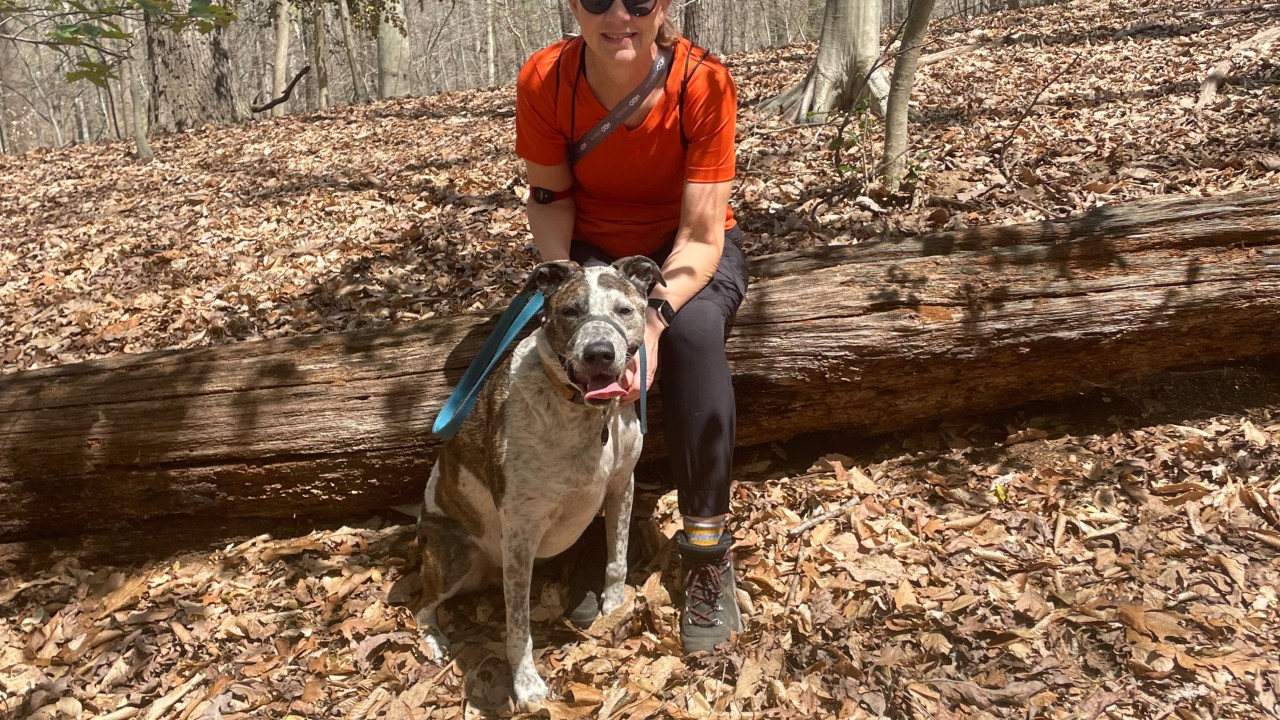Emergencies come in many forms. Whether it’s extreme weather, fires or another disaster, evacuations often come without much warning. While you may have a response plan in place for human family members, it’s important to also include pets. These four simple steps can help ensure cats and dogs are protected when an emergency occurs.
- Make Sure Pets Have Updated Identification
Make sure that your pet is always wearing a collar with updated identification tags. A tag should include the cat or dog’s name, the owner’s name, address and phone number.
Another way to keep track of pets is to have them microchipped. A study of more than 7,700 animals at shelters showed that owners were found for 72.7% of microchipped animals. The main reason for cases in the study in which owners were not found was an incorrect or disconnected phone number in the microchip registry database. (Lord et al, JAVMA, July 15, 2009) When microchipping a pet, register the microchip with the manufacturer and always keep your contact information up-to-date with the microchip company to increase the chances of being reunited.
- Put Together a Disaster Kit
Keep an emergency kit accessible. This may include:
- Enough pet food for 3-7 days (be sure to rotate every two months)
- Pet first aid kit
- Liquid dish soap or disinfectant
- Disposable garbage bags
- Pet food and water bowls
- A two-week supply of any medicine your pet requires (be sure to rotate as needed to prevent expiration)
- Seven days’ worth of bottled water
- Travel crate or carrier
- Blanket
- A picture of you and your pet together to prove ownership
- Especially for cats: Pillowcase, toys, scoopable litter and a disposable litter tray
- Especially for dogs: Extra leash, chew toys and a week’s worth of cage liners
- Plan Ahead for Emergencies
Take critical steps before a disaster hits to help ensure pet safety. For example, create a buddy system with a neighbor that lives nearby to check on each other’s pet in an instance someone is not home, like in a severe weather situation.
It’s also important to be prepared for an evacuation by identifying local shelters, animal hospitals, boarding facilities and pet-friendly hotels in case you need a safe place to stay with your pet or a temporary safe place to board a pet following a disaster. Be sure to have your cat or dog’s medical records on-hand, as many of these facilities will need to confirm up-to-date vaccinations before taking a pet in.
If you and your pet live in an area that is prone to certain types of natural disasters, such as wildfires, earthquakes, hurricanes, or tornados, identify safe places at home to shelter in case of emergency. Whether that’s a basement in case of a tornado, or a room upstairs if the area is prone to flooding, select a location that is free of hazards and easy-to-clean. Stock that room with pet essentials in case you need to spend significant time there.
If you are more likely to be evacuated from your home due to severe weather or disasters, store an emergency kit as close to an exit as possible, and be sure that everyone in the home knows where the kit is stored, so it’s easy to grab on the way out.
- Safely Navigate the Aftermath of a Disaster
Your home may look drastically different after a disaster. Don’t allow pets to roam loose because they can become disoriented and get lost. Before taking your pet outside, make sure to inspect your yard for trash, broken powerlines, damaged objects and wildlife, which may have taken refuge during the storm.
After returning home, try to get pets back on a normal schedule as quickly as possible. Be patient with your cat or dog, as the stress of evacuation or sheltering may cause behavioral problems.
To help aid in the transition, keep a calm demeanor, speak in a soothing voice and surround pets with familiar objects, such as toys and blankets.
For more information and resources on pet disaster preparedness, check out resources and information from the American Red Cross, the Department of Homeland Security and RedRover.org.



